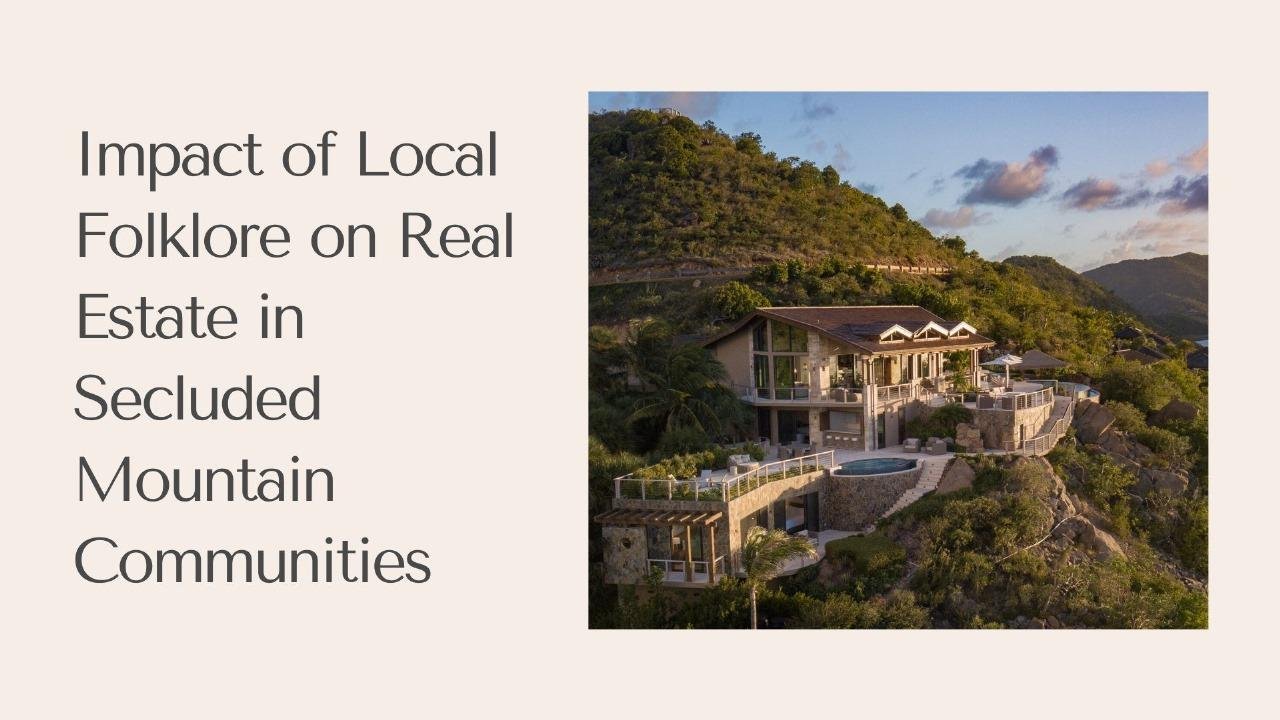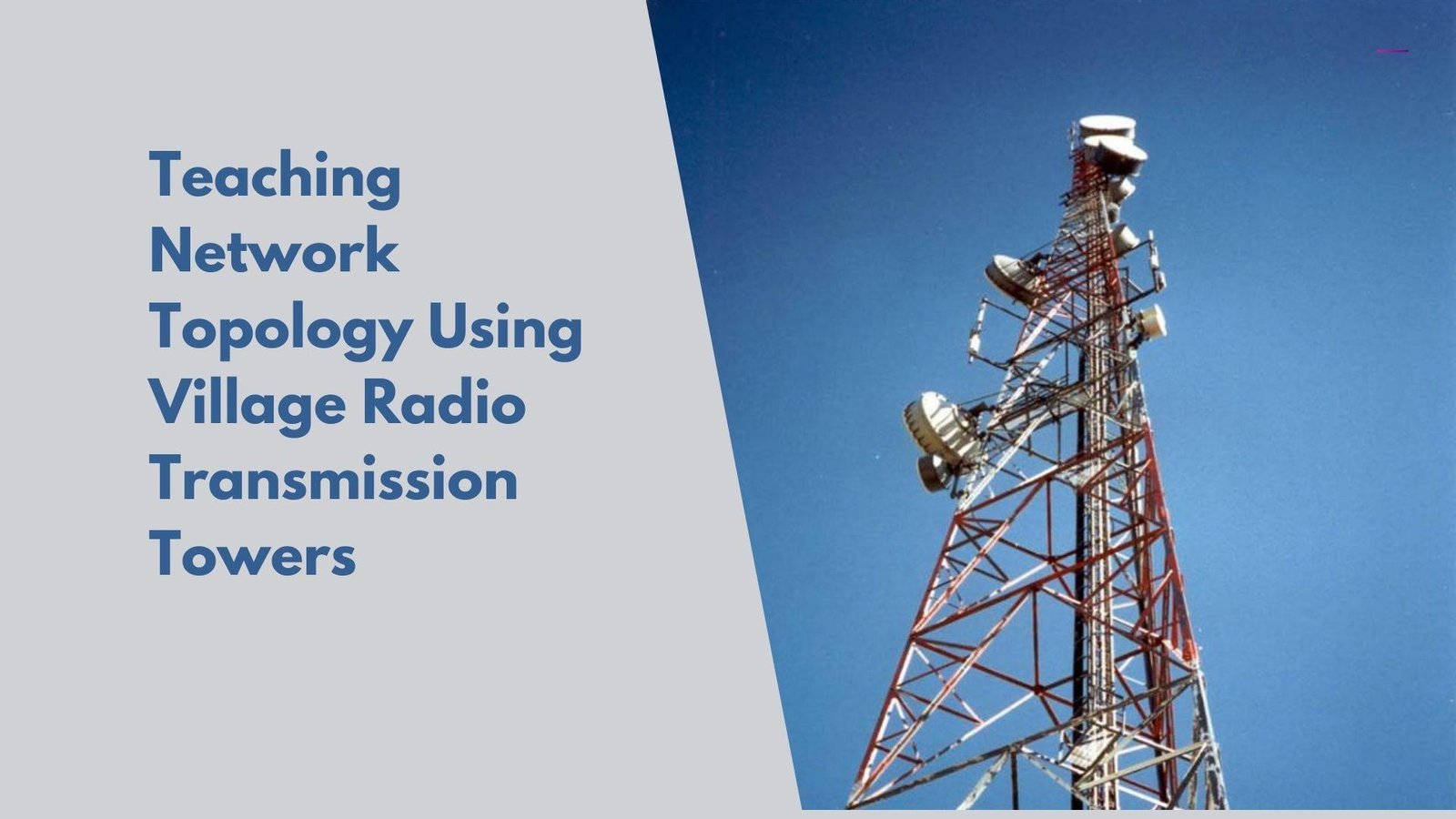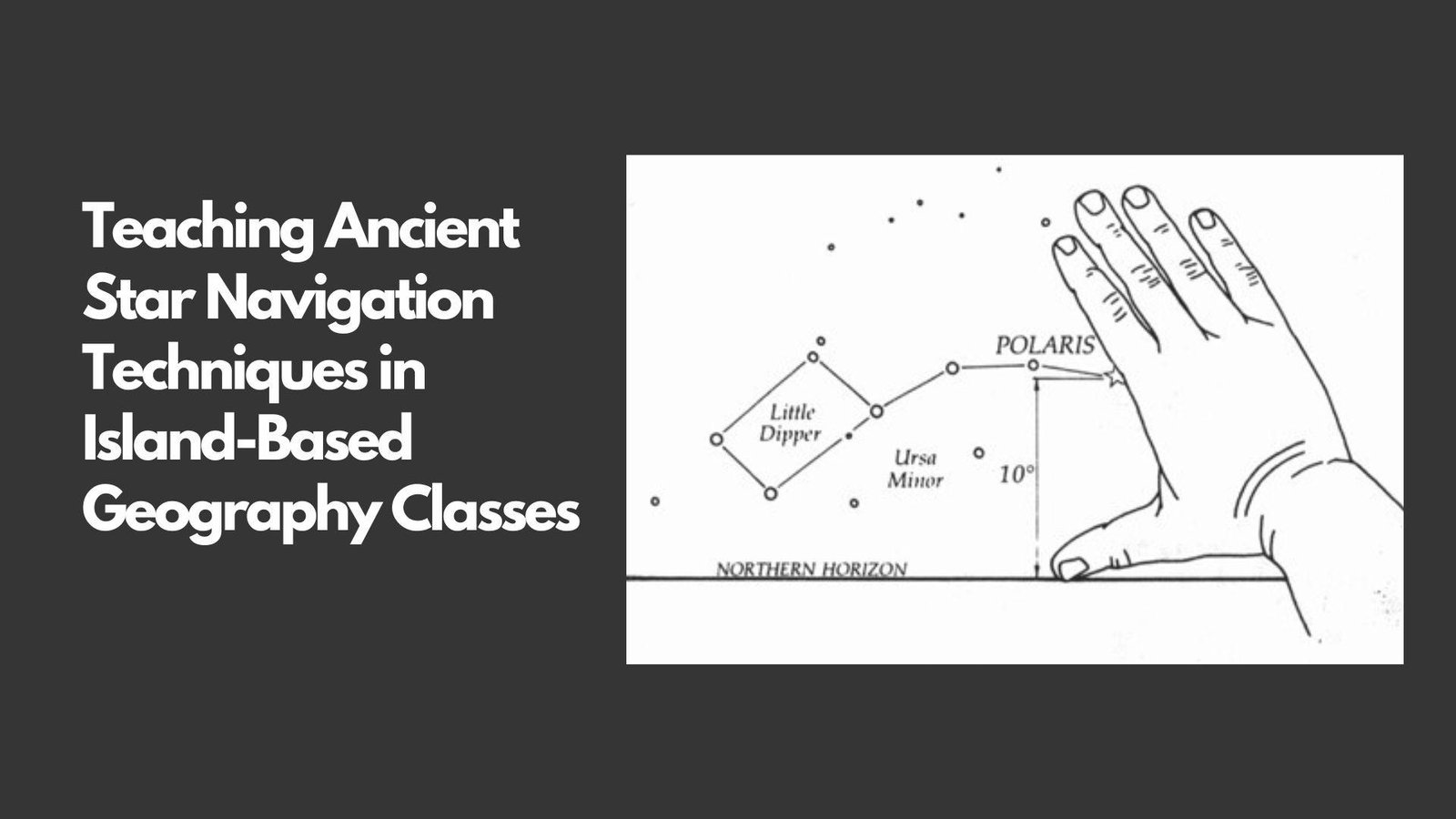Introduction
Mainly, the isolated communities living in the mountain region face the problem of weak cultural and social relations, where the local legends can become a key indicator of the development of the community’s cultural identity. These are the types of stories that are recounted from one generation to the other and they may shape other aspects of life such as the real estate business. Although, folklore only serves to enrich the image of a particular site and can enhance people’s experience there, it creates certain specific peculiarities connected with property transactions. The following article seeks to review how these legends influence real estate in these places, the beneficial and unfavorable influence on property worth, customers’ interest, and the marketplace as a whole.
The Role of Folklore in Shaping Community Perception
Folklore constitutes a major part of the culture of a particular community and this is especially so in the secluded mountain regions. Myths about actual inhabitants of the area, about ghosts, house or forest, can produce a certain touch that sets the community apart from other places. This sense of tradition and mystique may appeal with certain potential buyers although this is not significant enough to influence their decision. Famous legends may be tied to specific properties, places that may be interesting for tourists, history lovers or those who might want to live in such landmark – this increases demand and, therefore, property value.
However, folklore is really not the type of knowledge that makes people, to put it milder, wiser and smarter. Tales of a place being cursed or having hauntings or other tragic happenings associated with it are likely to discourage buyers especially those who are very much afraid of the unknown or those who are of a different culture than the rest of the people of the place. At times these stories lower the property value thus making it very hard for homeowners to find someone to buy his/her property or agree on the market price.
Impact on Property Values
Unfortunately, the effect of implementing local folklore to property values in reset areas such as in the mountains is not always positive. On one hand folklore can add a cultural value into the property which will make the property more attractive to buyers. The buildings associated with positive or neutral narratives may be perceived as fantasies of being surrounded by a legacy, rich cultural heritage, and therefore, attract the clients who seek something traditional. This situation may cause an upward trend in the property prices since few of these homes are constructed to meet the market demand.
On the other hand, properties in areas linked with negative folklore may collapses in terms of demand and property prices. For example if a house is associated with rumors of cultactivity or it sits on black filled land, then people will shy away from it. In some of the cases these properties may only be of interest to certain segments of the population, for example, paranormal buffs or those who wish to buy the property and turn it into a commercial venture such as a tourist attraction.
Buyer Interest and Market Dynamics
It is thus noteworthy that buyer interest in living in such places as the secluded mountain communities can be sparked by folktales. To some people the idea of having a piece of soil that is associated with some historical and legendary tradition is very appealing. These buyers may be willing to pay more to buy houses that have links with folklore of any area so they consider them as good investment more than just living spaces. Sometimes the mentioned properties may even be included in the local tourism, where many people may wish to tour in the area due to historical and other feat related to that region.
On the same note, folklore can also reduce buyer interest especially when it is used to reach out to people who have no knowledge of the culture of the region or when using it on people who prioritize logic and scientific information. Those coming from the urban background or having different cultural predispositions could regard such stories as shocking and even disturbing, which eventually will bring them closer to the properties which belong to the legends. This may develop an oligopolistic market since few numbers of consumers are willing to look forward to buying these houses which may result to lengthy sales markets and possibly low prices.
It is also noteworthy to point out that the effects of those legends on the real estate market in such areas is also determined by the amount of credit which local people pay to the given stories. Occasionally its representatives will be considered as mere fun, which does not even influence the sale of real estate. ” However, for people who believe these stories so keenly, there are likely to be a profound impact of these stories on the buying behaviour and the markets.
Challenges for Real Estate Professionals
Unfortunately the Real estate professional who decides to work in a remote mountainous region must contend with folk lore laws when employing his expertise in the purchase of properties. Awareness of the cultural importance of local stories is very important when it comes to the marketing of properties and the management of buyers’ expectations. They need to incorporated the beliefs of the local population, and potential buyers with folklore as one of the numerous determinants of property value and investment.
Another main problem for the real estate profession is identifying how far folklore impacts a property. This is especially so where such folklore is not well documented for outside consumption or where such folklore has several paradoxical connotations. There might also be a need to embark on detailed investigations to determine the past use of the property or the history of the area if the folklore effects will impact on such areas Stars.
Conclusion
A study into the aspect of real estate with regard to the cable-car isolated mountain areas reveals that folklore occupies a very distinctive and peculiar position in the market. On one side it can provide great value by adding more cultural layers to the properties and attracting unique and more discriminating buyers. The real estate industry personnel who are in these regions need to have adequate knowledge about the folklore of the regions which may lead to such adversities with a view of addressing the challenges.
Appreciating the tension between the folklorized and the real estate can enable the agents, buyers and sellers consider the cultural sensitivity while balancing the utilitarian rights in the community while pursuing efficient and effective property acquisition and sales. Ultimately, folklore, its influence on real estate and the intertwining of the sphere with traditional folk stories prove that stories are far from being just simple words or myths that people believe in; on the contrary, it is one of the powerful vessels for changing the world and people’s lives










